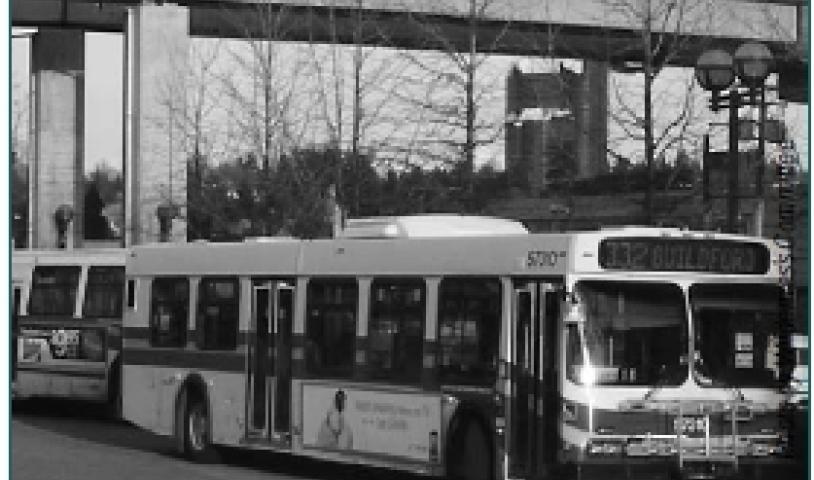Getting Democracy back on track ‑ Wild Times
Wednesday, January 9, 2008
January 10th, 2008 - Read Joe Foy's Wild Times column in the Watershed Sentinel as he tracks down the causes of habitat destruction in the Fraser Valley.
By Joe Foy
The hawk wheeled around the big cottonwood looking for a place to land – all the while a gang of smaller birds and crows tried to bully it out of the neighbourhood by making an awful racket and dive-bombing its tail feathers. But she gave them no notice and landed on one of the big branches anyway. She really didn’t have a choice in the matter, given that this was one of the few pieces of forest left standing. All around and below her the little patch of bush was full of deer, coyote, possums, owls, hawks, crows, woodpeckers, and raccoons. Not bad for a tuft of trees not more than an acre in size.
It was really strange. I had grown up beside this forest, our family having moved here in 1962. Its leafy greenness filled our picture window view and its bird song woke us every morning. Now, more than 40 years after having first arrived here, I was seeing more wildlife in greater variety that I had ever seen before. You would have thought that I’d be happy – but quite the opposite was true. I knew I was watching the death of a wildlife community that had been my friend since childhood. All around our old place hundreds of acres of forest had been recently bulldozed to make way for a series of massive housing developments. The animal refugees that crowded the forest eventually dwindled away looking for habitat to support them. Their final fate I don’t know. Last year my parents finally sold and moved on, too.
I wondered how could this have happened. Our neighbourhood in the Clayton Hills section of Surrey had been slated for slow growth in the Greater Vancouver Regional District’s Liveable Region Strategy, which had been the result of a huge amount of public consultation throughout the 1990s. Basically, regular folks had said that they wanted growth concentrated in the urban region around Vancouver, Burnaby, and New Westminster and that green areas like Clayton Hills should largely remain green. Obviously, regular folks like those who put their two bits in on the Liveable Region Strategy are no longer the ones in charge. So who is?
Increasingly, it’s big business that’s in charge these days. Big box developers, trucking firms, shipping companies,and housing tract builders are shaping our lives now. Big business is doing it by systematically getting hold of our public transportation system, piece by piece. Private companies now are slated to run Metro Vancouver’s new Canada Line Skytrain line, the highway to Whistler, and the new Golden Ears Bridge – and that’s just for starters.
With the forced passage of Bill 43, the BC Liberal government has recently abolished Translink’s board of elected representatives and replaced them with an appointed board – mostly friends of big business.So what’s the big deal? Why does big business care so much about owning and controlling Metro Vancouver’s public transportation? Surprise! It’s all about making money – lots and lots of money.
Twin the Port Mann Bridge and make lots of money building lots of sprawl housing while whispering sweet promises of an easy car commute. Better yet, be the company that owns the bridge and gets to toll all the new commuters who use it! Raise the price of a transit ticket and push more people back into their cars. Heck, push them all the way to new housing tracts in Surrey and Langley and beyond and make even more money!
So what’s an ordinary citizen to do? Metro Vancouver and the Fraser Valley have some of the best wildlife habitat and farmland on Earth, and the Fraser River is the largest wild salmon river on the planet. Hawks, Orca whales, coho salmon, and bald eagles are just a few of the wild creatures whose collective fate hangs in the balance.
Will this wildlife-rich region become just another paved-over, smog-infested, gridlocked hellhole for the benefit of the few rich and famous? Or will the Liveable Region Strategy win the day?
It all depends on how successful we are in getting democracy and public ownership back on track again.
Joe Foy is Campaign Director for the Wilderness Committee, Canada’s largest citizen-funded membership-based wilderness preservation organization.
